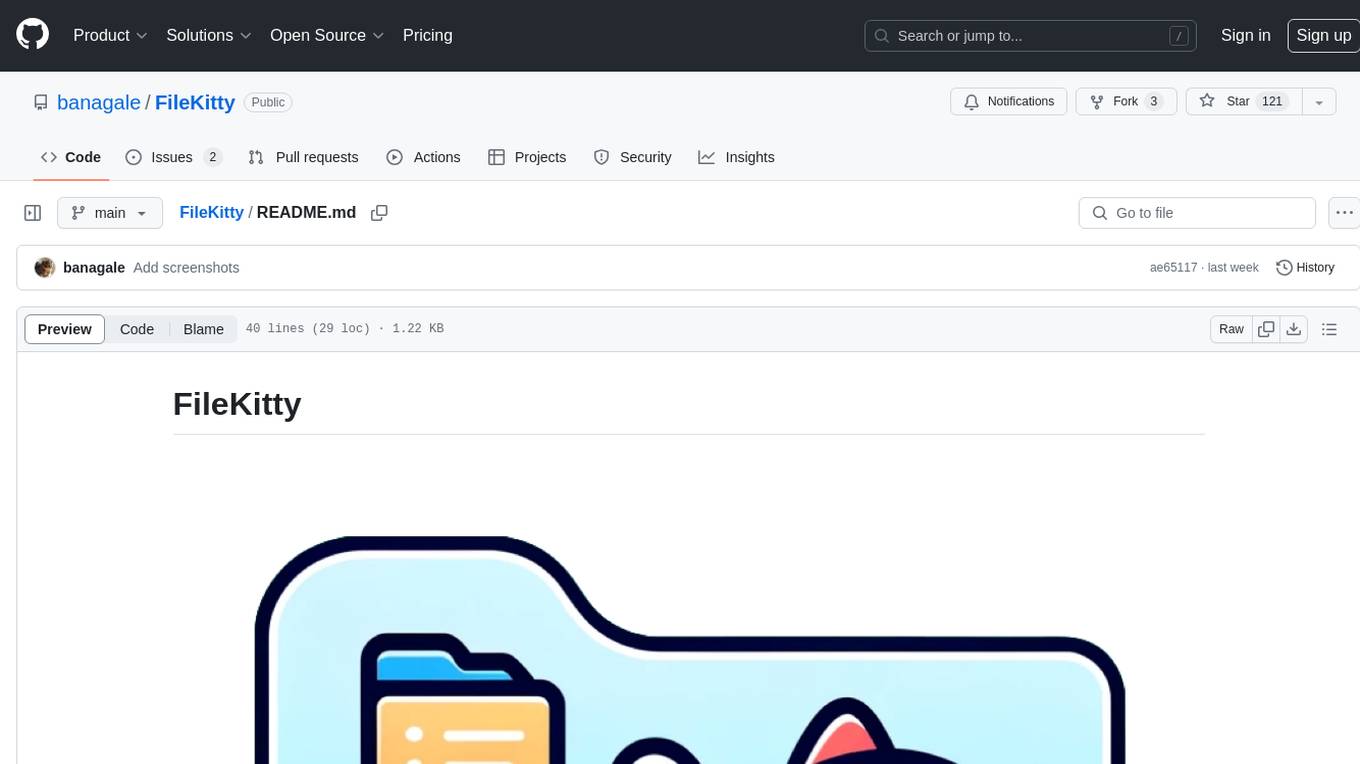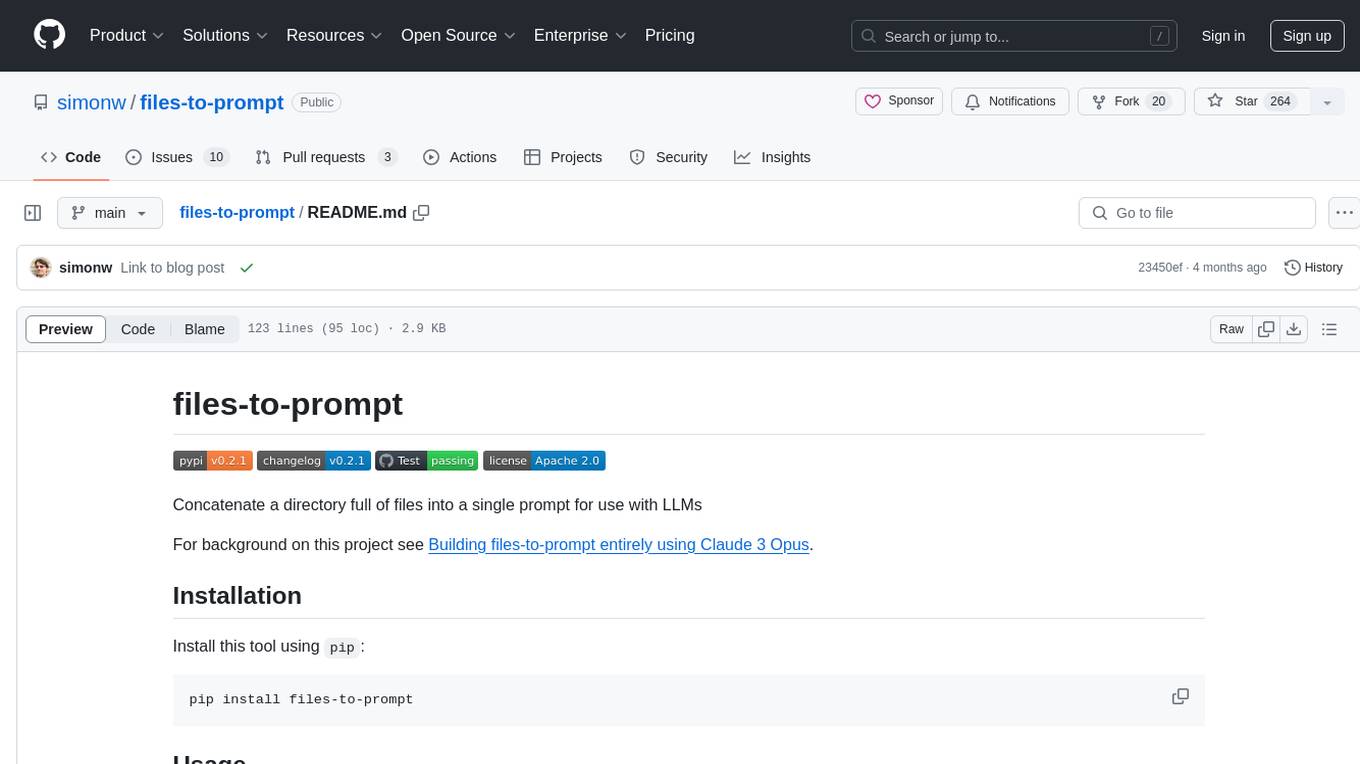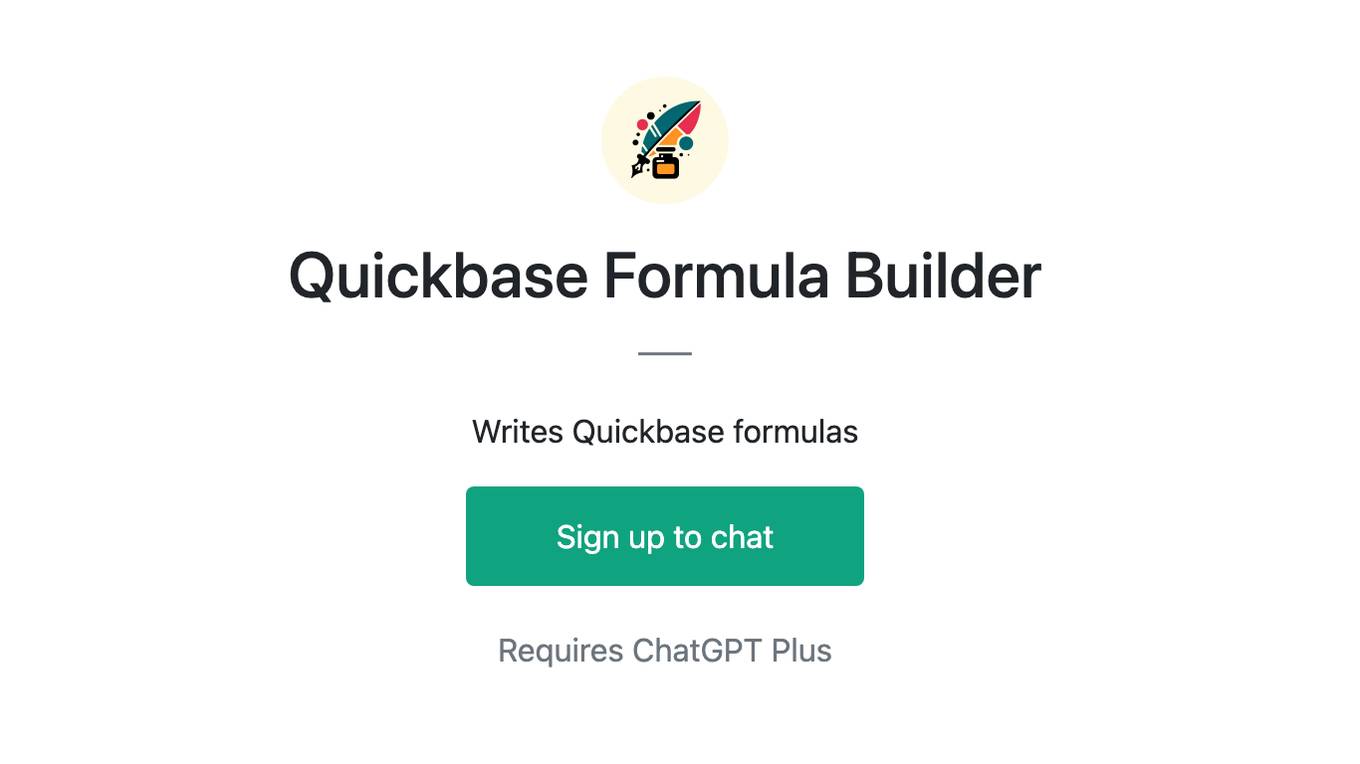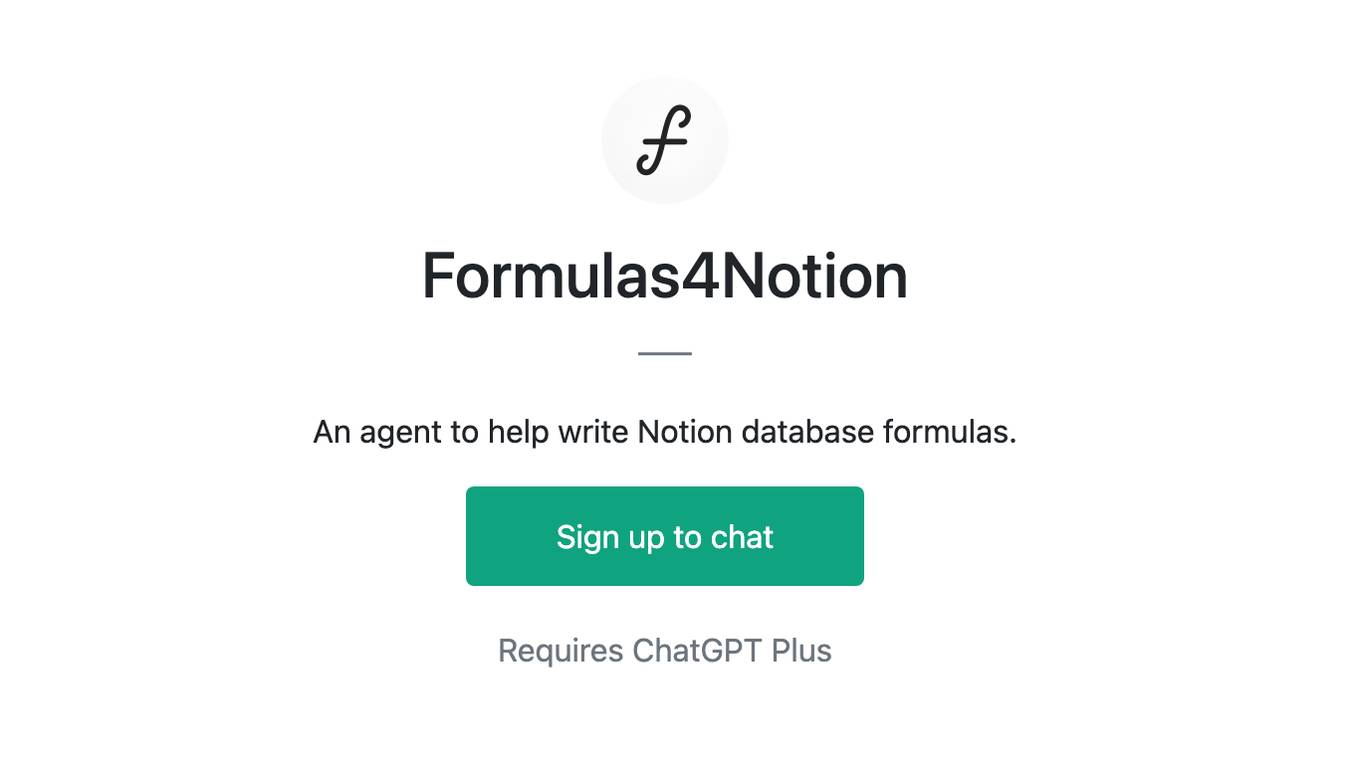Best AI tools for< Concatenate Files >
0 - AI tool Sites
2 - Open Source AI Tools

FileKitty
FileKitty is a simple file selection and concatenation tool that allows users to select files from a directory, concatenate them into a single file, save the concatenated file, and copy files to the clipboard. It is useful for concatenating files for use in a single file format and pasting file contents into an LLM to provide context to a prompt. The tool is built using Poetry to manage dependencies and build the app.

files-to-prompt
files-to-prompt is a tool that concatenates a directory full of files into a single prompt for use with Language Models (LLMs). It allows users to provide the path to one or more files or directories for processing, outputting the contents of each file with relative paths and separators. The tool offers options to include hidden files, ignore specific patterns, and exclude files specified in .gitignore. It is designed to streamline the process of preparing text data for LLMs by simplifying file concatenation and customization.

